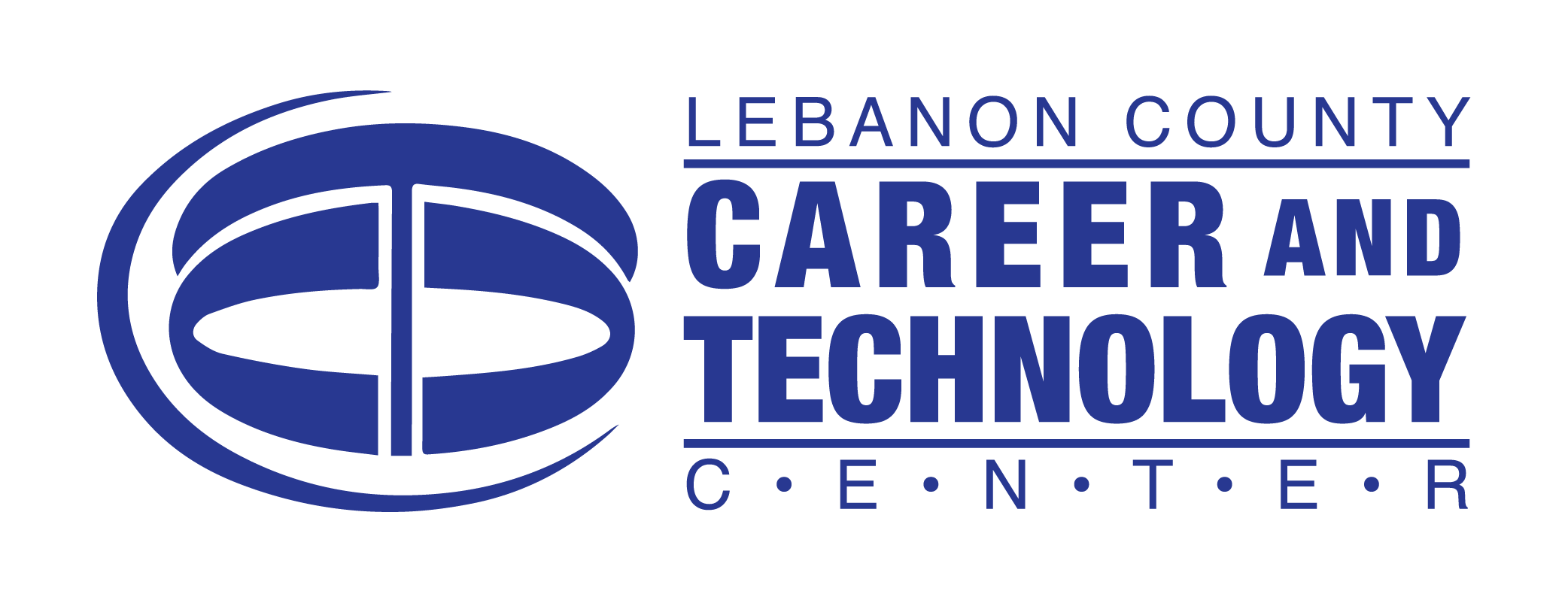Special Populations
Primary special education supports are provided by the sending school district. The CTC does not have a traditional special education program. We do work with our sending school districts to ensure IEPs are implemented within our programs. The Lebanon County Career and Technology Center provides a program for Special Populations. The Special Populations Program supports struggling learners within the CTC learning environment by attempting to reduce and remove barriers to learning. The Special Populations staff strive to ensure equity for all students and advocate for all students in need of assistance.
Special populations aides in the acquisition of academic knowledge and technical employability skills of students who are identified in the subgroups of:
Individuals with disabilities
- Create opportunities where students with disabilities can advocate for themselves.
- Challenge low expectations.
- Provide professional support to faculty on learning strategies.
- Support Universal Design for Learning and differentiated instruction with all.
- Increase Individualized Education Program (IEP) effectiveness by collaborating with all individuals who support a student.
- Support CTC teachers in how to understand a student’s IEP, and provide appropriate accommodations.
- Collaborate with community agencies to provide additional support or training opportunities for students when available.
- Advocate for student success and learning.
- Participate in IEP meetings.
- Collaborate with sending schools regarding student education.
Youth with a parent in the armed forces who is on active duty
- Promptly refer a student for counseling who continues to show signs of stress, inability to function in school, or has high levels of emotional response after a family member deploys.
Individuals from economically-disadvantaged families
- Support students in the acquisition of program requirements when possible.
- Support participation in Career Technical School Organizations (CTSO).
- Collaborate with community agencies to provide additional support or training opportunities for students when available.
Individuals preparing for non-traditional fields
- Expose students to nontraditional career options to broaden their horizons about what careers are available to them.
- Offer summer camp, when possible, to encourage informal, low-risk, hands-on, skill-development experiences for students to try skills in a nontraditional program.
- Support the enforcement of civil rights and sexual harassment policies and practices.
- Assist students in awareness and reporting procedures as needed.
Youth in the foster care system
- Learn about students in foster care.
- Build a relationship of trust with them or in their foster family.
- Help students who are transitioning out of foster.
English Language Learners
- Engage families and the community in supporting engagement in CTE and CTSOs.
- Provide bilingual support when available.
- Use technology to facilitate language translation.
- Facilitate collaboration between CTE and English as a Second Language (ESL) teachers.
Individuals Experiencing Homelessness
- Support students experiencing homelessness and their families in understanding their rights under the McKinney-Vento Act.
- Coordinate with guidance counselors to help students experiencing homelessness maximize credit accrual and complete high school.
- Coordinate school and community resources that provide trauma-informed wraparound services such as transportation, referrals to health care, shelters, housing, and employment.
- Encourage students to attend school every day.
Single parents (including expecting parents)
- Connect single parents to support agencies.
- Offer support and strategies to assist with related academic struggles
Meet our Special Populations Team
Mrs. Meghan Weaber
Vocational Facilitator
Biography to be updated soon!
Mrs. Gina Barry
Instructional Aide
Biography to be updated soon!
Ms. Crystal Hower
Instructional Aide
Biography to be updated soon!
Ms. Yaniza Sanchez
Bi-lingual Aide
Biography to be updated soon!
Frequently Asked Questions
How many support personnel are at the CTC?
We currently have one (1) Program Coordinator, (2) Learning Facilitators, one (1) full-time and one (1) part-time aide, and one (1) bilingual aide – Spanish/English.
Do you offer special education classes?
No. All of our courses are regular education programs. Please see the Comprehensive Curriculum Guide for your program of interest to understand the expectations.
* Our Special Pops webpage and Comprehensive Curriculum Guide page are under construction. A link will be posted when uploads are complete.
Can my child with special needs participate in the regular education curriculum at CTC?
If the IEP team decides that CTC is an appropriate educational placement, specially designed instruction and modifications will be established in the IEP.
Will you participate in IEP and 504 meetings?
Yes. We will gladly participate in IEP/504 meetings when invited by the school district or parent.
How are students graded?
Students are evaluated on work ethic, skill, and knowledge. Each category equals 33.33%
of the final score.
- Work ethic – Coming to class prepared, wearing the uniform as appropriate, participating in class, and daily attendance.
- Skill – Completing the hands-on components addressed in the program task list.
- Knowledge – Completing required academic work and assessments.
What is NOCTI and NIMS?
The NOCTI assessment is a state assessment taken by all seniors at the CTC to evaluate their program knowledge. There are two components: Knowledge and Skill (hands-on).
The NIMS assessment is an alternative for programs that do not have a NOCTI.
Are students allowed to have accommodations on the NOCTI and NIMS?
Students with disabilities may have accommodations as documented in their IEP or 504. English Language Learners may also be eligible for accommodations. Options include extended time, small group testing location, and test read aloud.
Don't Be Shy
If we didn’t answer all of your questions, feel free to drop us a line anytime.
